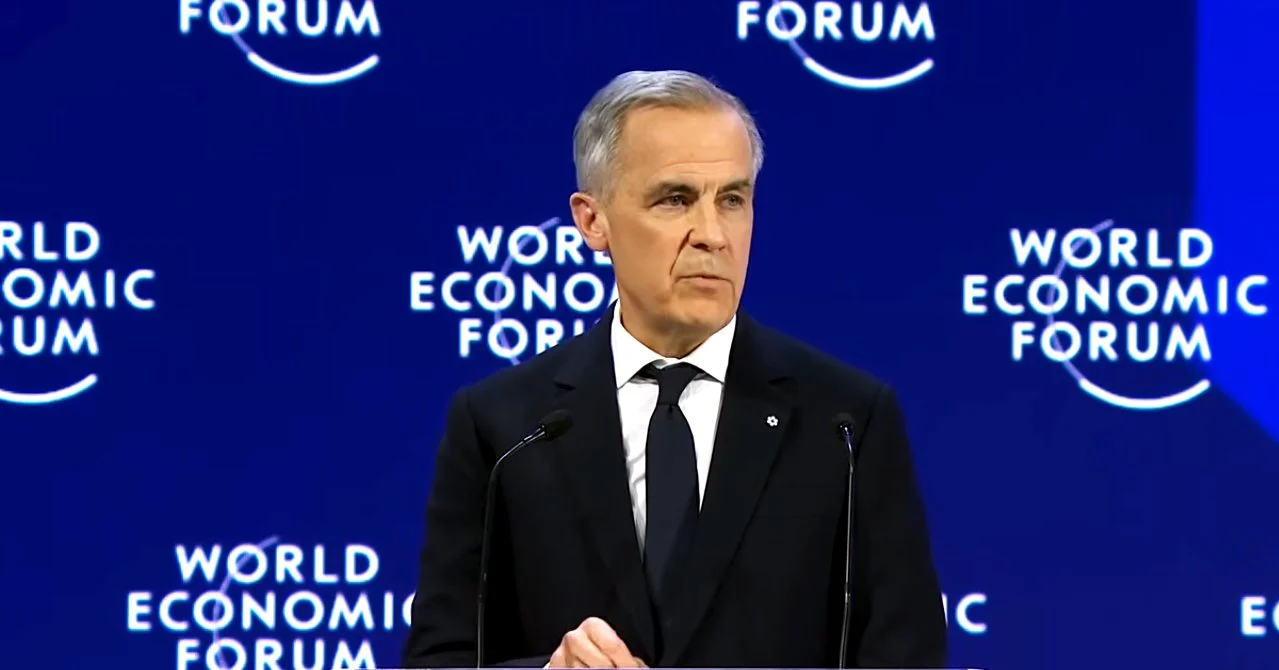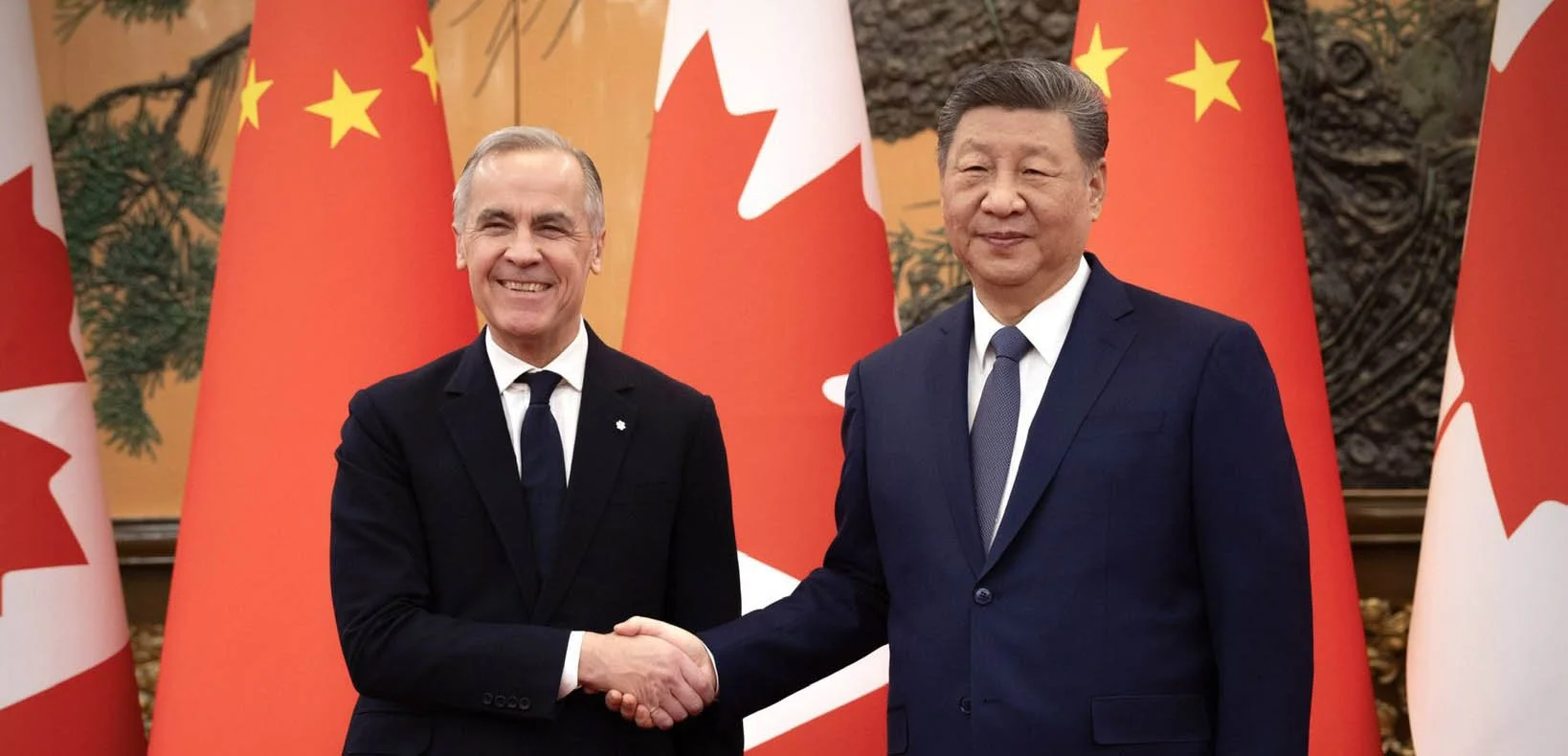Canadian, Mexican businesses ‘ready to move’ on cooperation
Prime Minister Mark Carney and Mexican President Claudia Sheinbaum signed what they called a “comprehensive strategic partnership” on Sept. 18. / TWITTER PHOTO
In happier times, Prime Minister Jean Chretien referred to Canada, the United States, and Mexico as the three amigos of North American trade. How times have changed with President Donald Trump.
Canada and Mexico this week announced the “two amigos” are entering a new phase of economic partnership, and Canadian businesses are ready to seize the moment, says Catherine Fortin-LeFaivre, senior vice-president of international policy and global partnerships at the Canadian Chamber of Commerce.
“As Canada diversifies our trade, Mexico should be at the top of the list — and businesses on both sides are ready to move. Mexico is already in our top three trading partners, and we should be building on that,” she said in a statement. The Chamber will be taking a business delegation to Mexico in February 2026 “to turn this momentum into concrete opportunities.”
A strong relationship between Canada and Mexico — the U.S.’ “biggest customers” — will also strengthen both countries’ positions as they prepare for a renegotiation of the continental trade pact next year, Fortin-LeFaivre said.
Prime Minister Mark Carney and Mexican President Claudia Sheinbaum signed what they called a “comprehensive strategic partnership” on Thursday, pledging to deepen trade ties, build infrastructure, and cooperate on security and environmental protection.
Most competitive, dynamic
“Canada and Mexico are entering a new era of cooperation,” Carney said in a press release. “We are elevating our partnerships in trade, investment, energy and security to create more opportunity for Canadian workers, expanded markets for Canadian businesses, and more certainty for Canadian investors, while making North America the most competitive and dynamic economic region in the world.”
The agreement includes plans for a Canadian trade mission to Mexico led by Canada-U.S. Trade Minister Dominic LeBlanc, and $9.9 million in funding for United Nations-led projects to combat drugs and support migrant integration.
Fortin-LeFaivre called the pact an “integral step towards realizing the untapped potential of the Canada-Mexico relationship.”
Sheinbaum said her top priorities included expanding short-term work visas for Mexicans in Canada and developing ocean trade routes between the two countries. She said Carney’s visit offered an opportunity to “shore up the bilateral relationship between Canada and Mexico” and proposed that the number of special work visas be increased, adding that “Canada is already looking into it.”
Sheinbaum said she and Carney also discussed expanding trade through ports on both the Pacific and Atlantic coasts.
“All three countries want to maintain (the trade deal), but we want to strengthen trade with Canada,” she said in Spanish. She added that Mexico wants Canadian mining companies to do a better job of complying with Mexico’s environmental regulations.
RBC Senior Vice-President John Stackhouse said while Canada and Mexico have a constructive relationship, “it won’t be easy” to reset the relationship. “There's plenty for Canada and Mexico to build on, but it's not going to be a straightforward path.”
Visas and immigration issues were the top priorities, along with how to increase maritime trade.
"But the biggest issue may be around security. Canadians know well the concerns around fentanyl from the Trump administration,” he said. “The biggest shared issue is of course the U.S., which is existential both for Canada and Mexico and figuring out how to collectively and separately navigate what will likely be a challenging number of months ahead in the North American relationship as the Canada, U.S. and Mexico trade relationship is reopened and reviewed.”






